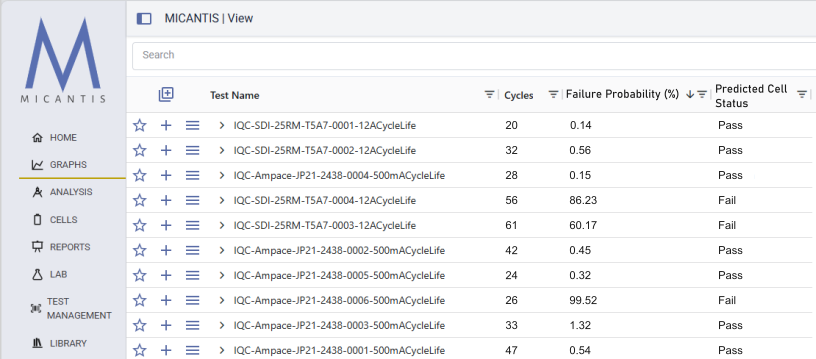Is the Battery Industry Data-Driven? From "Vibe Experimentation" to Evidence-Based Progress
Explore how data-driven approaches are transforming battery manufacturing, from traditional trial-and-error methods to evidence-based development using AI and machine learning.
Read Article